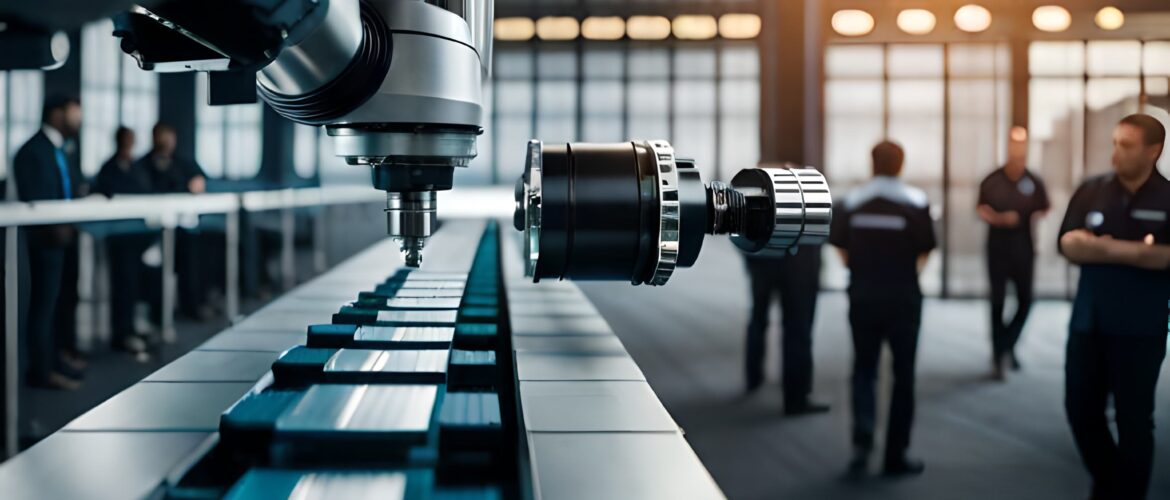Introduction:
In the dynamic landscape of modern manufacturing, efficiency and seamless operations are paramount. In this blog post, we explore the transformative impact of Manufacturing ERP (Enterprise Resource Planning) systems, shedding light on how these robust solutions are reshaping the industry.
1. Understanding Manufacturing ERP:
Definition: Delve into what Manufacturing ERP is and how it differs from generic ERP systems. Highlight the specialized features catering to the unique needs of the manufacturing sector.
Key Components: Explore the essential modules and functionalities that make up a comprehensive Manufacturing ERP, from production planning to supply chain management.
2. Benefits of Manufacturing ERP:
Enhanced Efficiency: Discuss how ERP systems streamline processes, reduce manual errors, and enhance overall operational efficiency.
Real-time Visibility: Emphasize the importance of real-time data access, allowing manufacturers to make informed decisions promptly.
Cost Savings: Explore how ERP systems contribute to cost savings through inventory optimization, resource management, and waste reduction.
3. Modules Tailored for Manufacturing:
Production Planning and Scheduling: Highlight the significance of accurate production planning and scheduling for optimizing resources and meeting demand.
Quality Management: Discuss how ERP systems ensure consistent product quality through standardized processes and quality control measures.
Supply Chain Integration: Explore the role of supply chain management modules in maintaining a seamless flow from raw materials to finished products.
4. Case Studies:
Success Stories: Showcase real-world examples of manufacturing companies that have successfully implemented ERP systems, detailing the challenges faced and the benefits gained.
Industry-Specific Implementations: Highlight how different manufacturing industries, such as automotive, electronics, or food production, have tailored ERP solutions to meet their unique requirements.
5. Challenges and Solutions:
Implementation Challenges: Discuss common challenges manufacturers may face during ERP implementation and provide insights on overcoming them.
Adoption and Training: Explore the importance of employee training and change management for successful ERP adoption.
6. Future Trends in Manufacturing ERP:
AI and Machine Learning: Discuss how advancements in AI and machine learning are shaping the future of Manufacturing ERP, predicting maintenance needs and optimizing production processes.
Cloud-Based Solutions: Explore the benefits of cloud-based ERP systems, providing flexibility and scalability for manufacturers.
Conclusion:
Manufacturing ERP systems have become indispensable tools for companies seeking to stay competitive in the rapidly evolving manufacturing landscape. As technology continues to advance, embracing these solutions is not just a choice but a strategic imperative for those aiming to thrive in the future of manufacturing.


